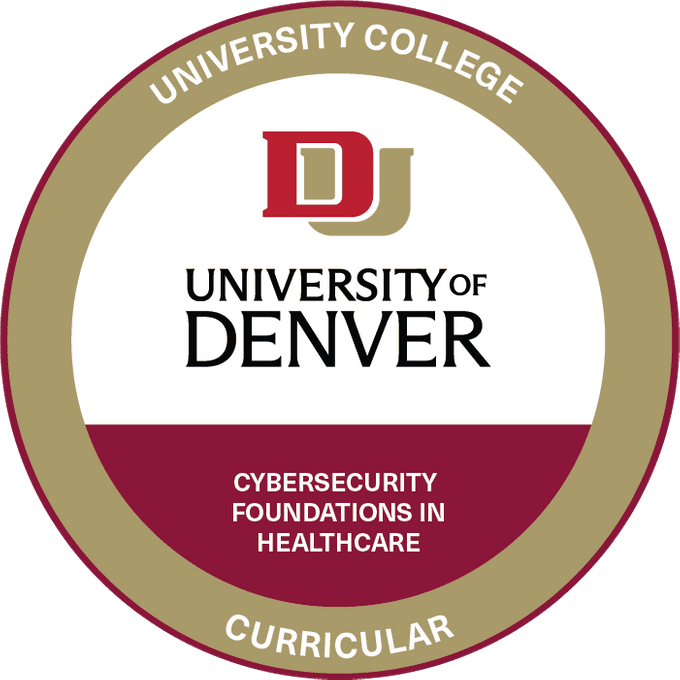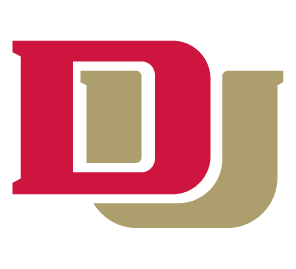Master’s Concentration
Supply Chain Management
In the Supply Chain Management concentration, build your end-to-end knowledge of the complex process that provides the many products healthcare organizations need to function. Learn to plan for and manage the flow of supplies from raw material sourcing to manufacturing, transportation, and inventory management. You’ll use the latest technology to execute plans that deliver healthcare products in the most cost-effective, streamlined way possible.
Looking to build more in-depth knowledge about supply chain? See our MS in Supply Chain Management.
We're Here To Help
*Indicates a required field.
At a Glance
Classes Begin
June 17
Term Length
10 Weeks
Master's Degree
Tuition
$40,032

Top-Ranked University
U.S. News & World Report Rankings

Talk to an Enrollment Manager
Lindsey Ford
303-871-2492
Schedule an appointment
Email me
If you plan to study on an F-1 or J-1 visa, contact Tracy Joosten.
Free Application
University College is committed to educational access, and given the difficult circumstances currently impacting millions of people, we are waiving application fees.
Skills You’ll Learn
Apply the six pillars of supply chain management to real-world healthcare issues
Optimize an organization’s structure, people, and processes for product flow
Use the latest technology to manage processes
Curriculum
Master of Arts in Healthcare Management with a concentration in Supply Chain Management requires completion of 48 credit hours (12 courses).
5
Core Courses
4
Concentration
Courses
3
Elective Courses
Featured Instructors
Sample Schedule
Plan out your schedule and determine your preferred timeline for completing your master's degree—finish in as few as 18 months or take up to five years.
Interested in a graduate certificate?
Explore our four and six course graduate certificates in Supply Chain Management.
Interested in a digital badge?
Learn about badge requirements, how to apply, and more!

Cybersecurity Foundations in Healthcare
Take a Course Before You Apply
We know how important it is to get started when you’re ready and that’s why you can enroll in a course before you officially apply.
Career Outcomes
Predicted outcomes for graduates of Supply Chain Management
Harvard Business Review found U.S. supply chain employs 37% of the workforce and over 40 million people. These supply chain jobs have higher than average salaries and contribute to much of the innovative activity in the economy.
According to Revcycle Intelligence, the healthcare supply management market is expected to reach $2.3 billion by 2020. Factors such as hospital consolidation, regulatory requirements, and patient financial reasonability will increase U.S. market.
Job Titles
Supply Chain Manager Salary: National Average
$89,067
(Glassdoor.com)
Get Ahead with Career Services
One-on-one career coaching and mock interviews
Job database dedicated to DU students and alumni
Résumé and cover letter guidance
Hear from Our Students
Theme: Job Satisfaction
Healthcare Management
“It was one of the best experiences I’ve ever had and has contributed to my self-esteem, to my career, to [my company] overall…” —Jennifer Hines, graduate.
Flexible Online Classes
We understand the demands of balancing work, friends and family, and school can be challenging. That's why at University College, you can complete your program entirely online. Our online learning platform makes it easy to work anywhere at any time.
Advisory Board

Robert Casanova
Performance Improvement Consultant

Holly Davis
Director of Medical Staff Services, Saint Joseph Hospital

John Dicola
Former Senior Vice President of Strategy and Business Development, Catholic Health Initiatives

Chris Hadley
Founder & President, Denver Medical Study Group

Evon Holladay
Former Vice President, Enterprise Intelligence

Edmond Toy
Director, Colorado Health Institute

Marion Jenkins
Partner and Co-founder of HealthSpaces

Mark Levine
Clinical Professor, the University of Colorado School of Medicine

Bruce Johnson
Shareholder, Polsinelli
Accreditation
Higher Learning Commission
University College programs maintain the highest level of accreditation offered by The Higher Learning Commission, one of the regional accrediting bodies recognized by the federal government. The University of Denver and all of its academic programs are regionally accredited by this commission, and regional accreditation is the highest standard for universities in the United States.
HIMSS Organizational Affiliates
The HIMSS Academic Organizational Affiliate program shares industry knowledge and educates our students on critical issues in health information and technology by offering complimentary student memberships to HIMSS and other key benefits.
spacer
Curriculum Alignment
To ensure our programs meet industry needs, the curriculum is closely aligned with national organizations such as the American College of Healthcare Executives and Medical Group Management Association, as well as local organizations such as the Denver Medical Study Group.
Take the Next Step












